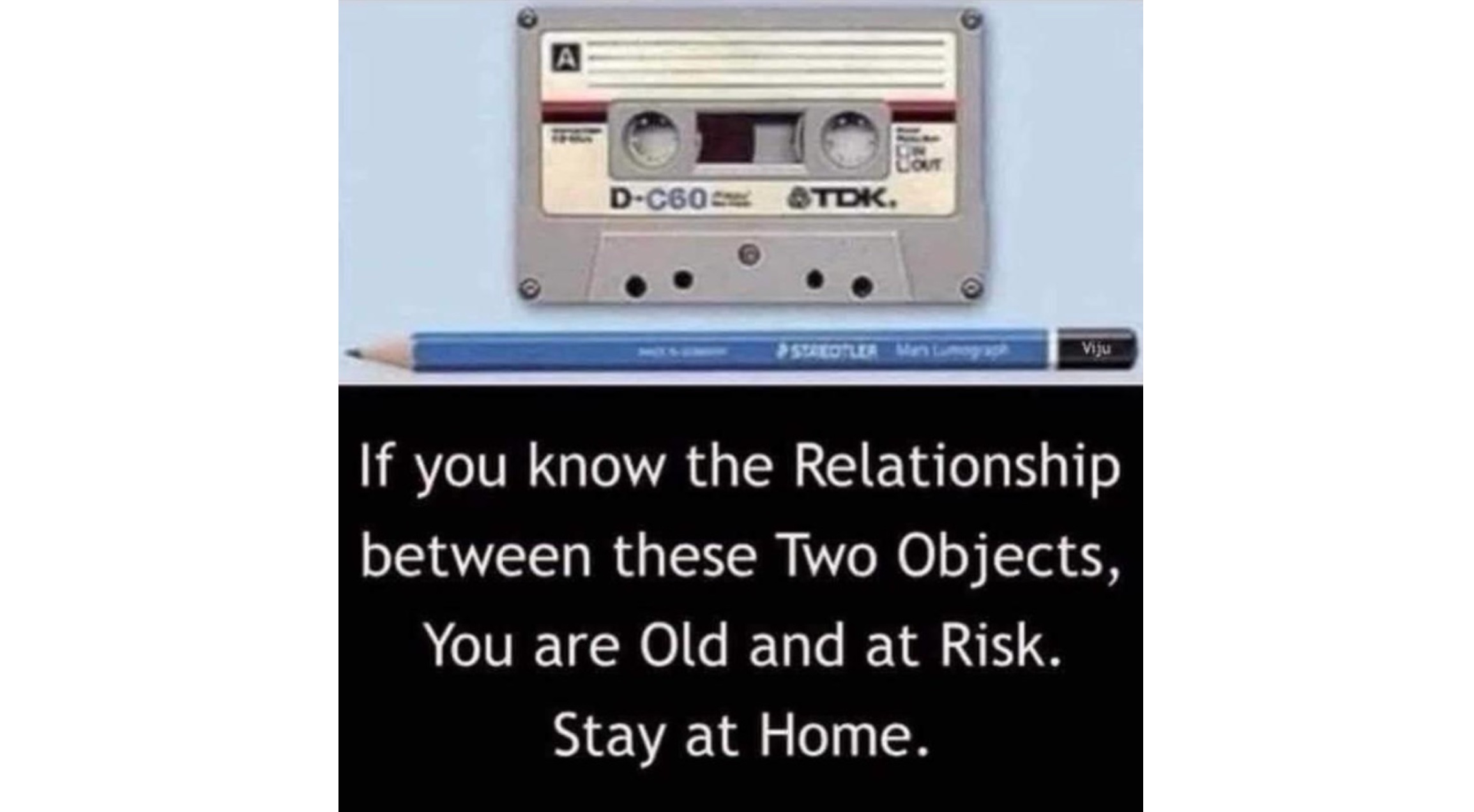 .
.This is my crowd-sourced knowledge week for two reasons:
 .
.In economics or finance most of the empirical work involves a single team analyzing data to test hypotheses or generate “stylized facts.” The team has to make several choices along the way: clean the data, identify possible outliers, pick an appropriate methodology, etc. Some refer to this as a researcher’s degrees of freedom.
The team is careful to document the choices it made when writing the research report. It further typically assesses robustness by verifying that the main insights remain unchanged when making other choices along the way.
What is often underappreciated, in my view, is the coaching the team gets from peers when making their choices. We talk about our projects with colleagues at the coffee machine, over lunch, or in Zoom meetings. We present early findings in seminars and get feedback during the seminar but also in the bilateral meetings surrounding the seminar. The same goes for academic conferences.
This all sounds kosher to me.
Yet, would it not be great if we could somehow measure the impact of these researchers’ degrees of freedom? And, the effect of feedback from peers? This is only possible if many research teams do the same research. Same hypotheses to test. Same data. This sounds too ambitious…
…well, yes, and we feel it can be done. #fincap is that project. The German Stock Exchange has kindly made unique proprietary dataset available for the project. The research teams will get access to all transactions in their most successful product: the EURO STOXX 50 futures. For a long time period: 2002 through 2018. All 652 million of them, with a label on whether an exchange member traded on own account or for a client. I have long dreamed of such data for my own research, but now it is available to us as a crowd to analyze several first-order hypotheses. How has trading evolved through an era of increased electronification and speed?
Is the project too ambitious?
We believe it is not. We believe it can be done. My fellow project coordinators have pulled it off once before with a Stanford professor in the field of neuroscience landing a publication in Nature this year. We innovate on this approach in various ways. An example is that we add peer feedback.
Help us prove that we must not shy away from ambitious projects! Join us, register as a research team, and become co-author. For details see the project’s website: https://fincap.academy.
P.S.: Do not worry about not seeing the relationship between the two objects in the picture. The ideal team consists of one person seeing the relationship and the other one not seeing the relationship. :-).
P.S.2: Video summary is here: